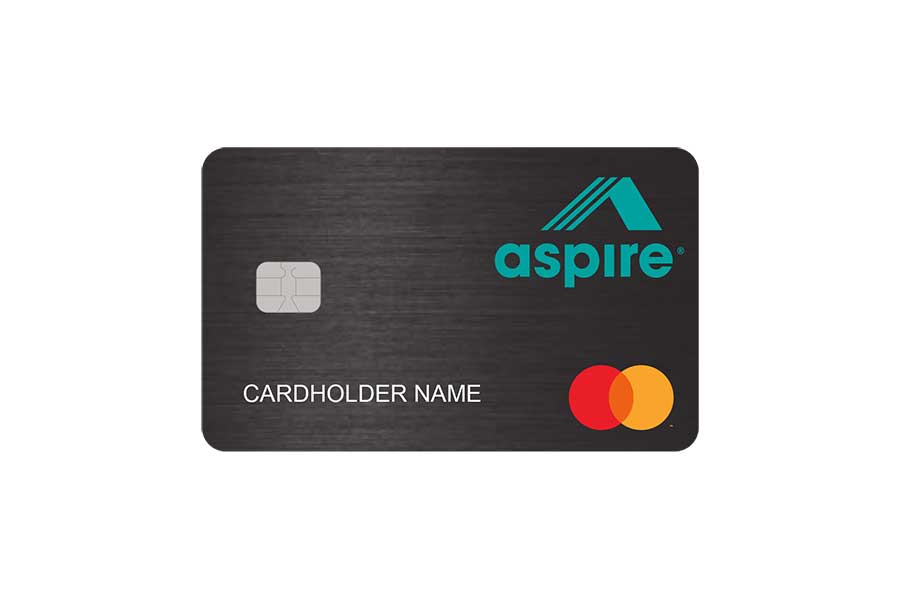When applying for a mortgage, it’s essential to understand the credit scores that mortgage lenders use to assess your creditworthiness. By familiarizing yourself with these models, you can better prepare for the mortgage application process and increase your chances of obtaining favorable loan terms.

Key Takeaways
- Mortgage lenders use FICO Score models 2, 4, and 5 from each of the major credit bureaus (Experian, TransUnion, and Equifax). Lenders generally consider the middle score, or the lower middle score, if applying jointly.
- Credit factors affecting mortgage eligibility include payment history, credit utilization, credit history length, recent credit inquiries, and debt-to-income ratio (DTI). A good mix of credit types and a DTI below 43% can improve chances of securing favorable terms.
- Beyond FICO scores, lenders also consider financial records like bank statements, tax returns, and pay stubs. Fannie Mae and Freddie Mac are exploring new scoring models that may offer borrowers additional opportunities in the future.
Mortgage Lending FICO Scoring Models
Mortgage lenders typically rely on industry-specific FICO scores from each of the three major credit bureaus—Experian, TransUnion, and Equifax. The commonly used FICO scores for mortgage lending include FICO Score 2 (Experian/Fair Isaac Risk Model v2), FICO Score 5 (Equifax Beacon 5), and FICO Score 4 (TransUnion FICO Risk Score 04).
Lenders often obtain a single report containing credit reports from all three credit bureaus and their associated FICO scores. They may base their decision on your middle credit score or, if you’re applying jointly, the lower middle score.
Understanding the Role of the Major Credit Bureaus
The three credit bureaus—Experian, TransUnion, and Equifax—collect and maintain data in your credit reports, which help determine your credit scores. These reports include information about your payment habits, credit utilization, duration of credit accounts, variety of credit types, and recent inquiries for new credit.
Mortgage lenders rely on your credit reports to evaluate your credit risk and predict your ability to repay a mortgage loan. A good credit score often reflects a positive credit history and indicates that you are a responsible borrower, increasing your chances of securing a mortgage.
Credit Scores and Their Impact on Mortgage Rates
Your credit score affects the mortgage interest rates you’ll be offered. Borrowers with higher credit scores are generally offered lower rates because they are considered less risky. A lower credit score may result in higher rates or even being denied a mortgage.
For example, if you’re applying for an FHA loan, the minimum credit score required is typically 580. However, a higher credit score may qualify you for better interest rates and more favorable terms.
Credit Score Factors that Impact Your Mortgage Application
When mortgage lenders assess your creditworthiness, they consider various factors that make up your FICO credit score. Understanding these components and their impact on your credit score can help you improve your creditworthiness and qualify for better mortgage terms. Here’s a closer look at each factor and how it affects your credit score:
- Payment History (35%): Your history of making on-time payments is the most significant factor in determining your FICO score. Lenders view consistent, timely payments as a sign of financial responsibility, increasing their confidence in your ability to repay a mortgage loan. Focus on making all of your payments on time, as even one late or missed payment can have a significant impact on your FICO score.
- Credit Utilization (30%): This factor measures the proportion of your available credit that you’re using. A high credit utilization rate may signal to lenders that you’re overextended and may have difficulty managing your debt. Aim to keep your credit utilization below 30% to show responsible credit management and improve your credit score.
- Length of Credit History (15%): The longer your credit history, the more data lenders have to assess your creditworthiness. A lengthy period of responsible credit management signals to lenders your reliability in handling credit. If you’re new to credit, consider becoming an authorized user on a family member’s account or opening a secured credit card to establish a credit.
- Types of Credit (10%): A diverse mix of credit types, such as credit cards, a car loan, and a mortgage, can have a positive impact on your FICO score. Lenders like to see that you can manage different types of credit responsibly. However, avoid opening new credit accounts solely to diversify your credit mix, as this could lead to an increase in credit inquiries and a decrease in your credit score.
- Recent Credit Inquiries (10%): Each time you apply for credit, a hard inquiry is recorded on your credit report. Multiple hard inquiries within a short period can negatively impact your FICO score, as it may signal to lenders that you’re seeking multiple sources of credit. Limit credit applications, especially in the months before applying for a mortgage.
See also: Does Buying a House Hurt Your Credit?
Different Credit Scoring Models
There are various credit scoring models used by lenders, including FICO credit scores and VantageScore. While FICO scores are the most widely used, especially for mortgage lending, VantageScore is another credit scoring model that is gaining popularity.
FICO and VantageScore have different algorithms, which can result in variations in your credit scores. However, both models consider similar factors when calculating credit scores, such as payment history, credit utilization, length of credit history, types of credit, and recent inquiries.
Debt-to-Income Ratio and Its Impact on Mortgage Approval
The debt-to-income ratio (DTI) is another critical factor that mortgage lenders consider when you apply for a mortgage. Your DTI is calculated by dividing your total monthly debt payments by your gross monthly income. A lower DTI indicates that you have a better balance between debt and income, making you a less risky borrower.
Mortgage lenders typically prefer borrowers with a DTI below 43%, although some may accept higher ratios for borrowers with excellent credit scores or substantial savings. It’s essential to keep your DTI low to increase your chances of mortgage approval and secure better interest rates.
How to Improve Your Credit Score for Mortgage Applications
To maximize your chances of qualifying for a mortgage or getting better rates, take the following steps:
- Check your credit score: Obtain your FICO score from your credit card company, bank, or a free credit reporting service. This will give you an idea of your current credit standing and areas that may need improvement.
- Review your credit report: Request your free annual credit report from each of the three major bureaus and review them for errors or inaccuracies. Request your free annual credit report from each of the three major bureaus and review them for errors or inaccuracies. Make sure any errors are corrected or removed by disputing them with each credit bureau.
- Pay your bills on time: Your payment history is the most significant factor in determining your credit score. Consistently making on-time payments can positively impact all your credit scores.
- Pay down credit card balances: High credit card balances can increase your credit utilization ratio, negatively affecting your credit score. Aim to keep your credit utilization below 30% to improve your credit scores.
- Avoid applying for new credit: In the months leading up to your application, refrain from applying for credit, as multiple inquiries can temporarily lower your credit score.
- Diversify your credit: Having a mix of credit types, such as credit cards, auto loans, and student loans, can positively impact your credit score. However, be cautious not to take on too much debt, as it can increase your DTI and negatively affect the mortgage approval process.
Mortgage Eligibility Beyond FICO Scores
While FICO scores play an important role in qualifying for a mortgage, lenders also consider other factors to determine your eligibility for a mortgage. They closely examine the information in your credit reports, as well as your financial records, such as bank statements, investment account statements, tax returns, and pay stubs. This information helps lenders assess your income, debts, and DTI ratio.
Other factors, such as loan amount, home location, down payment, and loan type, can also influence your mortgage approval and terms. It’s essential to shop around and compare different mortgage lenders, as they may have unique assessments and requirements.
Fannie Mae, Freddie Mac, and Credit Scoring Models
Fannie Mae and Freddie Mac are government-sponsored enterprises that buy mortgage loans from lenders. They often use the same credit scoring models as other mortgage lenders. However, they are currently reviewing the possibility of using different scoring models for mortgages, which could open up new opportunities for borrowers in the future.
Bottom Line
To secure favorable mortgage terms, you need to know which credit scores mortgage lenders use and how they impact your application. Improving your credit score, maintaining a low DTI, and managing your finances responsibly can help you become a more attractive borrower to mortgage lenders.
Stay informed about the latest developments in the mortgage industry to enhance your chances of obtaining the best possible mortgage for your needs.



